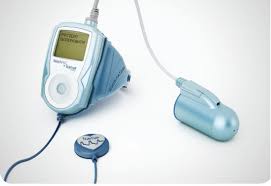If you have any food allergies and are ordering from our eStore, download this document with allergens listed! …
Additional menu
Pre op

SURGICAL OPTIONS
NON-SURGICAL OPTIONS
PRICING AND FINANCING




